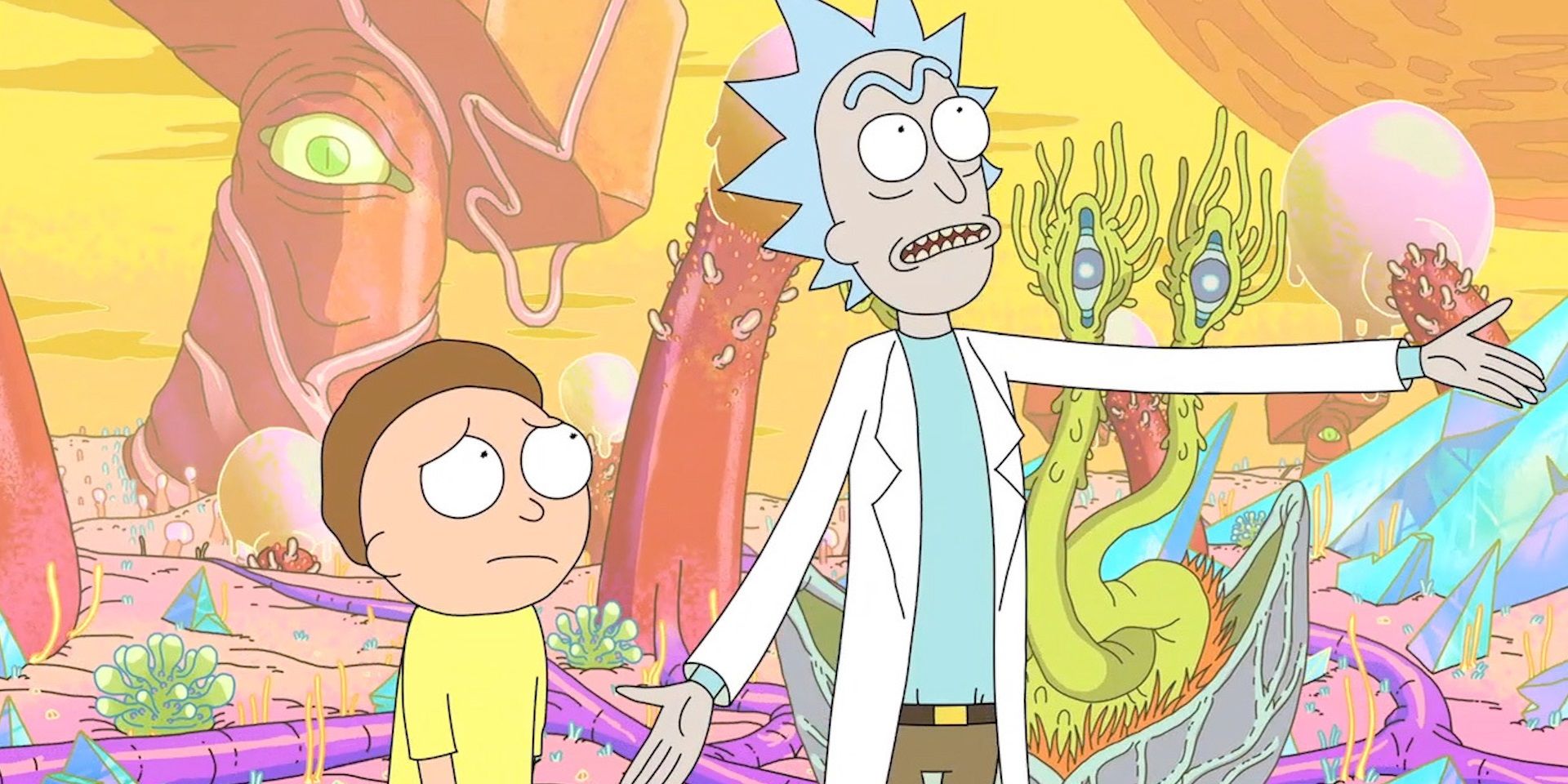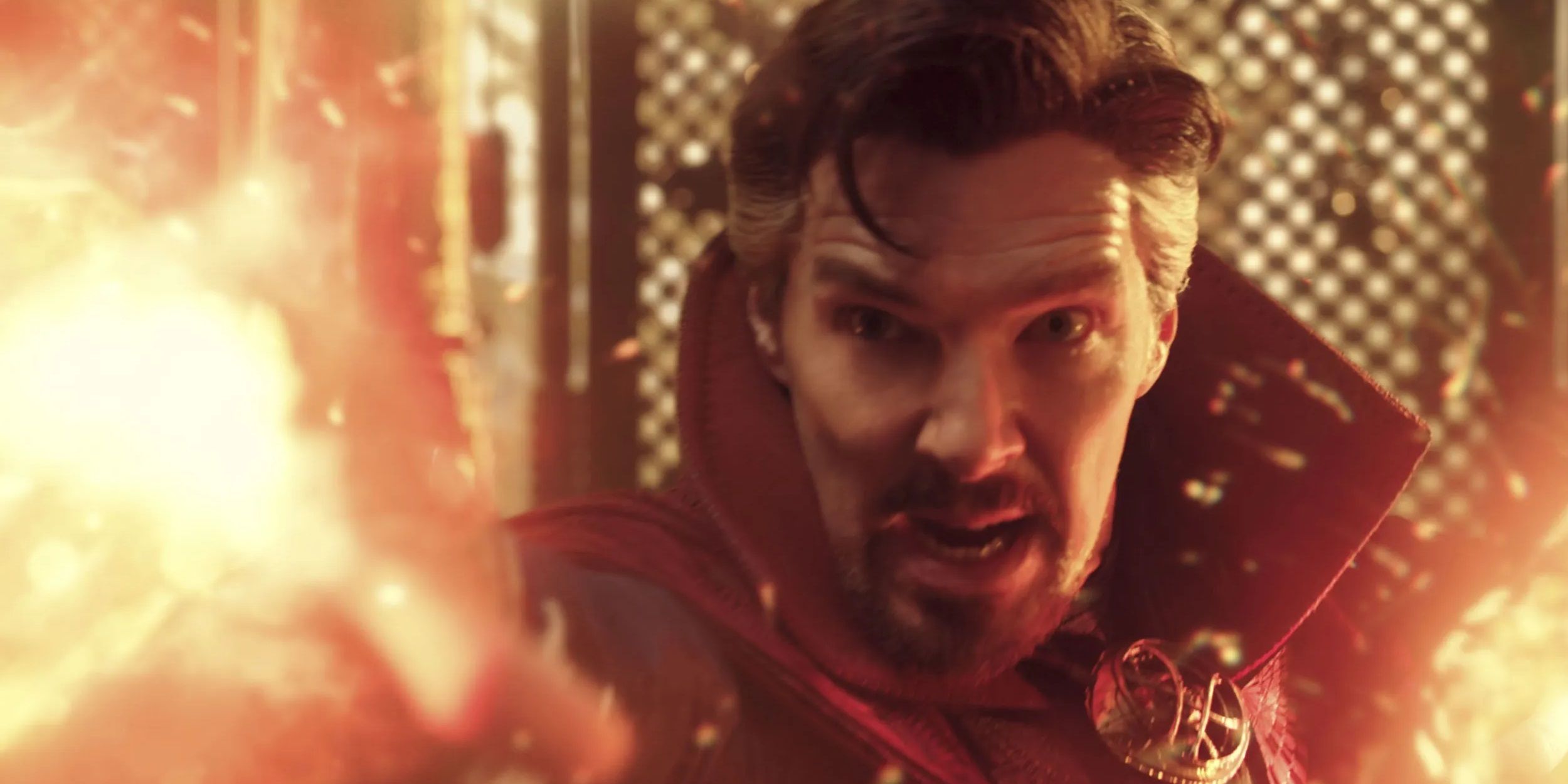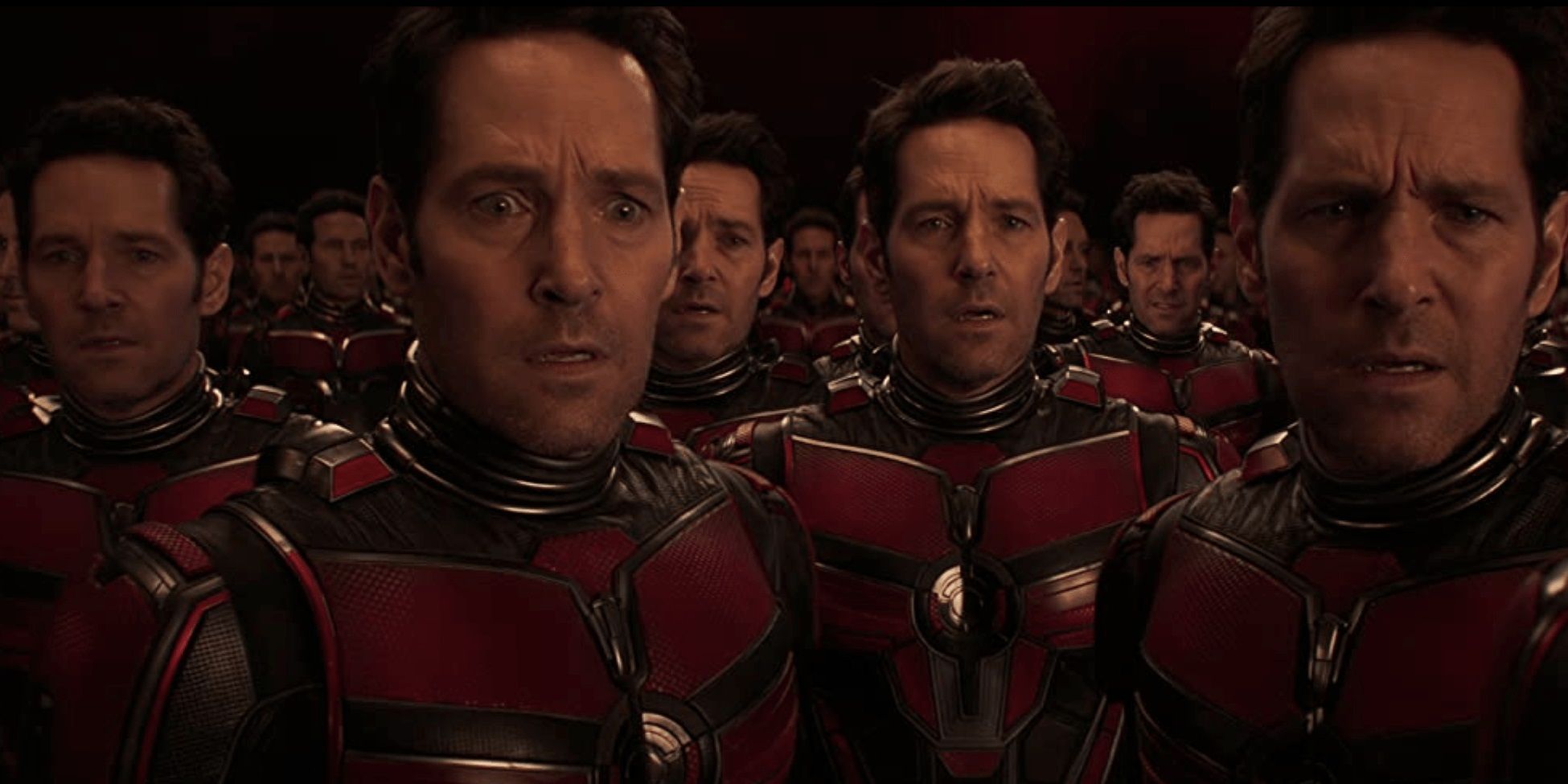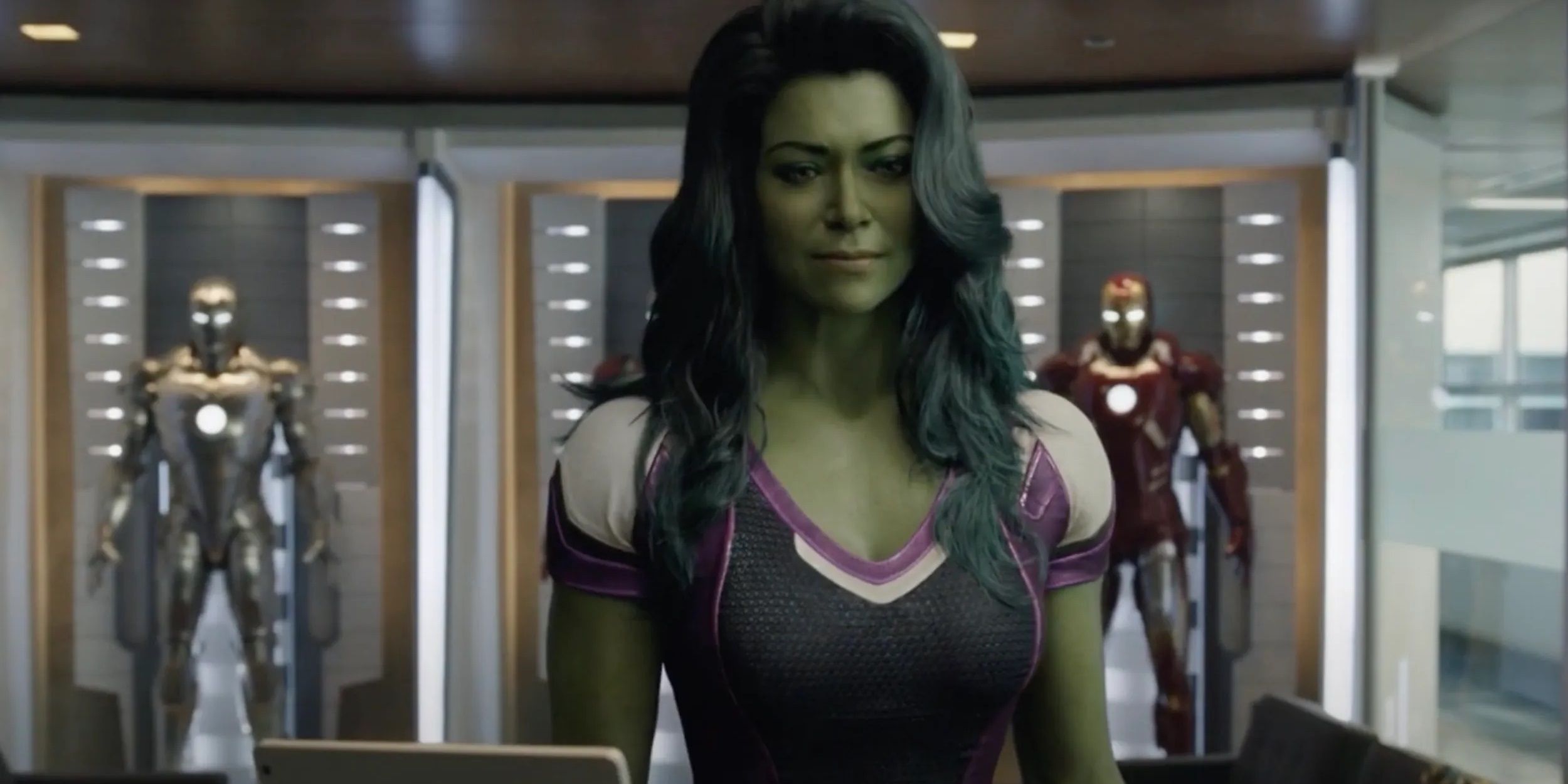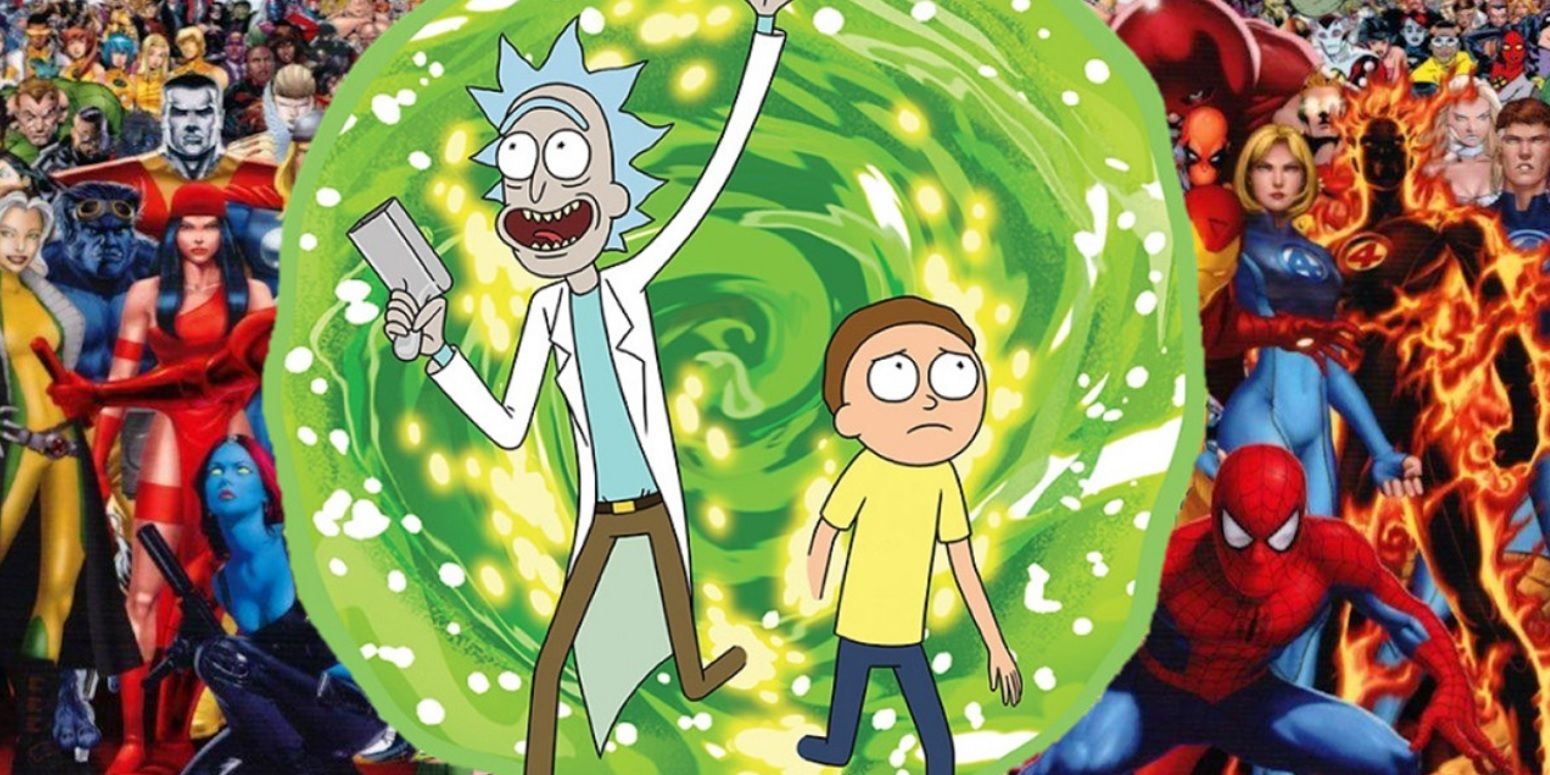
Why Marvel Needs to Break Up with Rick and Morty's Writers

Rick and Morty writers' involvement in Marvel's Multiverse Saga has been a mixed bag While their creativity and humor can be a great fit, their contributions have been inconsistent and sometimes overly meta or silly
Marvel Studios has tapped into the talent of Rick and Morty writers to contribute to the scripting of their films in recent years. However, this move has not been advantageous for the development of the Marvel Cinematic Universe. While it may seem like a no-brainer to enlist writers from a show that popularized the concept of the multiverse and delivered thought-provoking interdimensional storylines, the transfer of Rick and Morty's self-awareness and quirkiness to Marvel has not resulted in the same level of depth and ingenuity that made the cartoon such a hit.
Michael Waldron, Jeff Loveness, and Jessica Gao honed their writing skills on the popular animated series Rick and Morty prior to joining the Marvel Studios team. Waldron, for instance, wrote the episode "The Old Man and the Seat" where Rick goes on a vengeful quest against a trespasser who used his personal toilet planet in season 4. At Marvel, Waldron created and served as the head writer for the hit series Loki and penned the screenplay for the upcoming movie Doctor Strange in the Multiverse of Madness. Loveness' initial writing credit for Rick and Morty was for the infamous "Claw and Hoarder: Special Ricktim's Morty" episode in season 4, which was considered a rare misstep for the series. Nonetheless, he went on to co-write several other episodes, including "Never Ricking Morty," "Promortyus," and the critically acclaimed "The Vat of Acid Episode." Loveness then contributed to the season 5 premiere, "Mort Dinner Rick Andre," and the finale, "Rickmurai Jack," before his appointment as the screenwriter for Ant-Man and the Wasp: Quantumania.
Gao's first writing credit on Rick and Morty was for the beloved episode "Pickle Rick," where Rick transforms himself into a pickle and must find his way back home. She went on to create and lead write for Marvel's She-Hulk: Attorney at Law. Meanwhile, Loveness and Waldron, both Rick and Morty writers, have been tapped to write some of Marvel's biggest upcoming films, including Avengers: The Kang Dynasty and Avengers: Secret Wars. While Marvel's Rick and Morty hires have produced some great work, overall their writing for the MCU has been more of a hindrance than a help.
Multiverse Of Madness Was Unfocused And Inconsistent
To be fair to Waldron, Doctor Strange in the Multiverse of Madness faced many challenges such as COVID-related delays, a last-minute change of director, and Spider-Man: No Way Home being released earlier than expected. Despite these obstacles, the fact that the movie manages to tell a coherent story is impressive. However, the Multiverse of Madness script has some fundamental issues. The problem with giving a movie job to a TV writer is evident in this Doctor Strange sequel. The script resembles a collection of disparate ideas stuffed into a feature-length runtime instead of a tight three-act feature-film narrative. Although there are some fantastic individual sequences like the Illuminati massacre and the Evil Dead-style final fight between zombified Strange and the Scarlet Witch, there is no cohesion between them.
Quantumania Was More Concerned With Silliness And Being Weird
The lack of real stakes and emotional depth in Ant-Man and the Wasp: Quantumania was a letdown after the hype surrounding it as the start of a new dynasty and the introduction of a major MCU villain. Instead, the film felt like a bloated TV episode, with the Ant-Man family getting lost in the Quantum Realm and encountering various oddball characters and concepts. The script failed to disrupt the status quo or have any meaningful character sacrifices, resulting in a by-the-numbers final battle that lacked impact. While the film had its share of quirky moments, such as the broccoli person and Hank Pym's jelly-powered spaceship, they felt more like discarded ideas from a mediocre Rick and Morty episode than integral parts of a compelling narrative.
She-Hulk Got Way Too Meta
She-Hulk, the Marvel project written by Rick and Morty writers, has received praise for its strong and cohesive storytelling and well-developed characters. However, it falls short of perfection. The show blends workplace sitcom conflicts with high-stakes superhero battles and initially uses fourth-wall-breaking in an entertaining way. However, its self-awareness becomes a hindrance, and the finale's meta approach may have gone too far. Jen Walters' demand to see K.E.V.I.N. and rewrite the storylines on the spot was fun, but it undermined the series' buildup and failed to provide a satisfying conclusion. The finale skipped over the climactic battle and only showed its aftermath, leaving some viewers unsatisfied.
